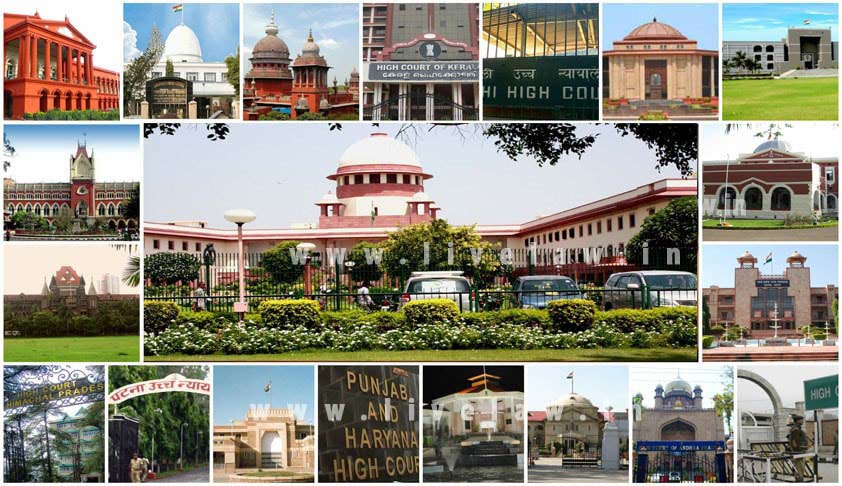- Home
- /
- News Updates
- /
- High Courts Weekly Round-Up
High Courts Weekly Round-Up
Ashok KM
24 July 2016 9:35 PM IST
Bombay High CourtThe Government, being the largest litigant, has to be a model and ideal litigant, a division bench of the Bombay High Court observed while refusing to condone the delay by the Government in preferring Appeals. The Bench also observed that merely because applicant is a State, delay in filing appeals cannot be condoned without a proper explanation as Section 5 of the...
Next Story



